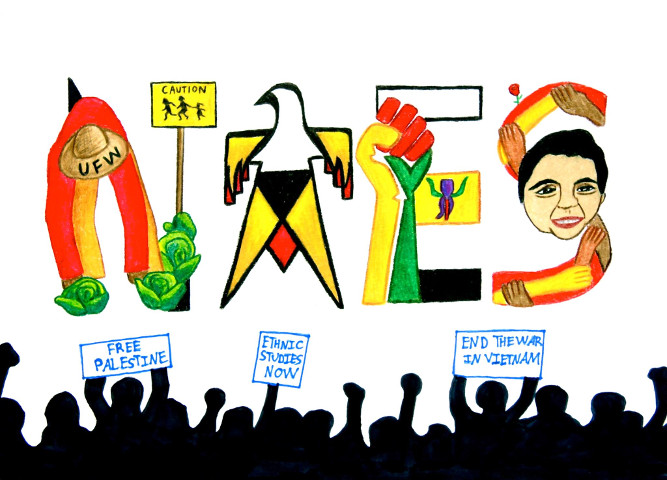Explorations in Ethnic Studies

Orginal Publication Date
1981
Journal Title
Explorations in Ethnic Studies
Volume
4
Issue
ees/vol4/iss1
First Page
74
Last Page
[77]
Abstract
It is not exactly a guarded secret that Jews, for three or four thousand years, have questioned who they were, who they are, and who they are going to be as individuals and as members of the various groups within which they associate. And through those many centuries they have often cried out in anguish and ambivalence to their God. Elie Wiesel, who writes with great power and also great agony, is certainly not the first writer to express these themes. Nor is the German Holocaust with all of its unspeakable and unfathomable horrors the first event to evoke these emotions. Having witnessed the destruction of the Temple in Jerusalem, for example, the prophet. Jeremiah, pondered these problems and sent a message to Jews who had been carried off into captivity in Babylon. Essentially Jeremiah's message was that God is everywhere. The significance of this statement, beyond the fire and brimstone of sermons and the finesse of the endless Talmudic debates, is that being Jewish is a matter which transcends time and space and that the values of Judaism are universal. Fundamentally Wiesel says that too, though the pain with which he speaks and the implications of his message are even more horrifying to us because the space and the time about which he speaks are closer at hand.
Rights
Copyright, ©EES, The National Association for Ethnic Studies, 1981


